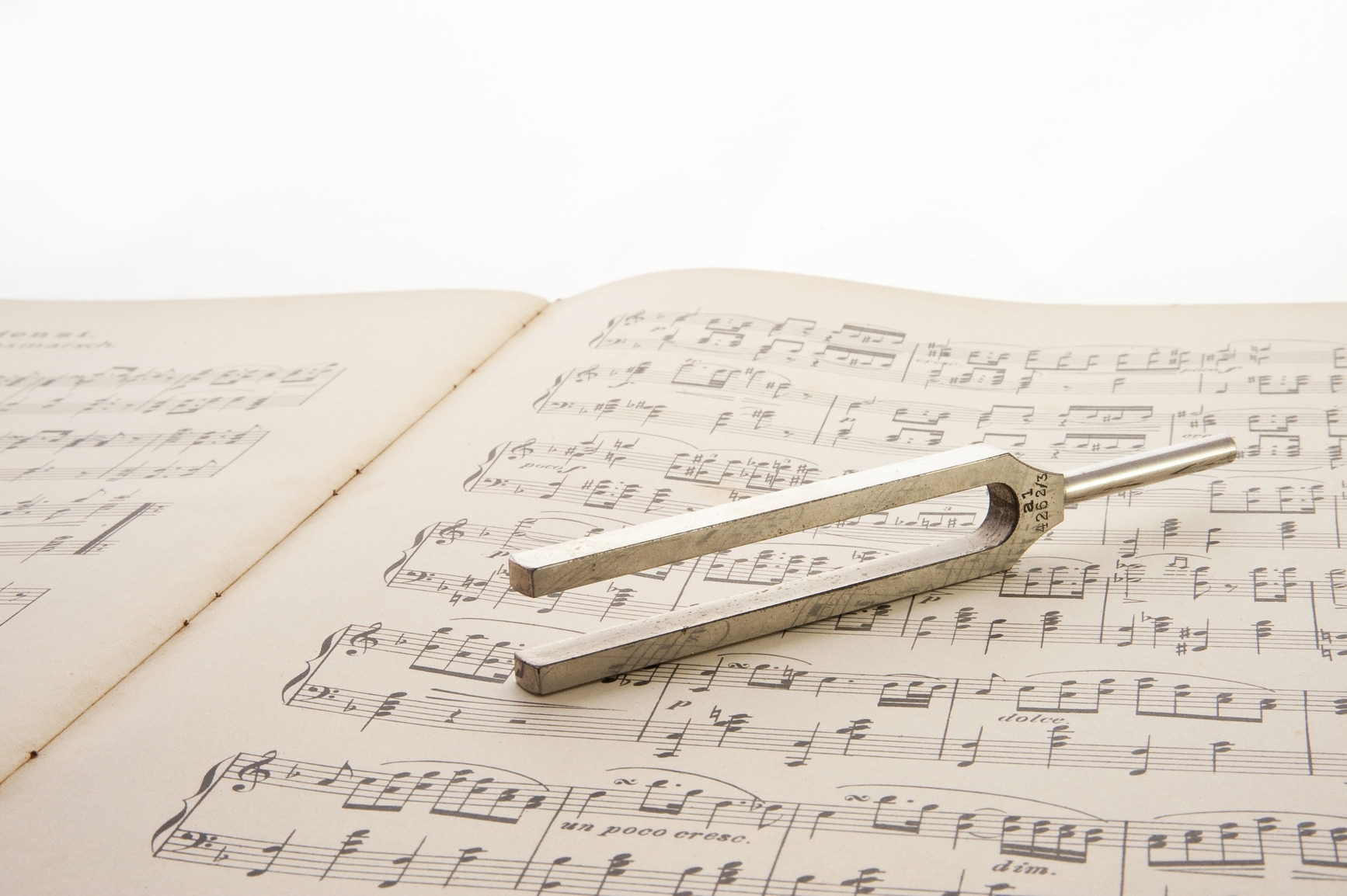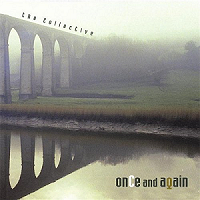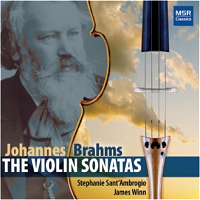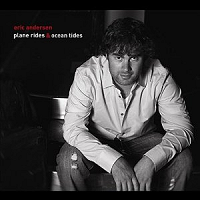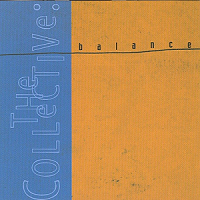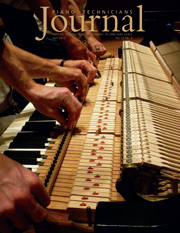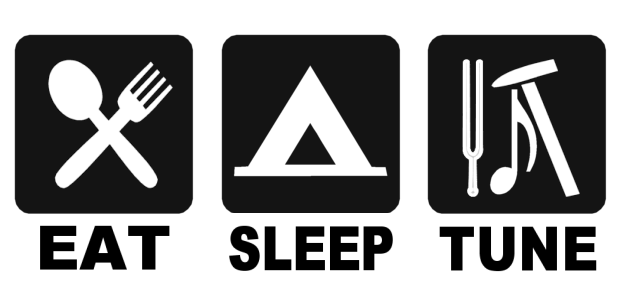Over 35 years in the Field
Robert became interested in piano technology while studying for his B. A. degree in piano performance at Humboldt State University. After graduating, he moved to Boston, MA, where he completed the Piano Technology program at the New England Conservatory. Next, Robert passed the series of comprehensive exams required by the Piano Technicians Guild to become a Registered Piano Technician.
Upon completion of his academic studies, Robert then sought the hands-on experience needed to become a true professional in the field of piano technology. Consequently he spent a decade working at Michael Sweeney's piano restoration shop in Philadelphia, PA, learning the details of upright and grand piano regulation, pin block replacement, bridge capping, restringing, soundboard repairs, rescaling, veneer repair, action repair, refinement, key repair and replacement, etc.

